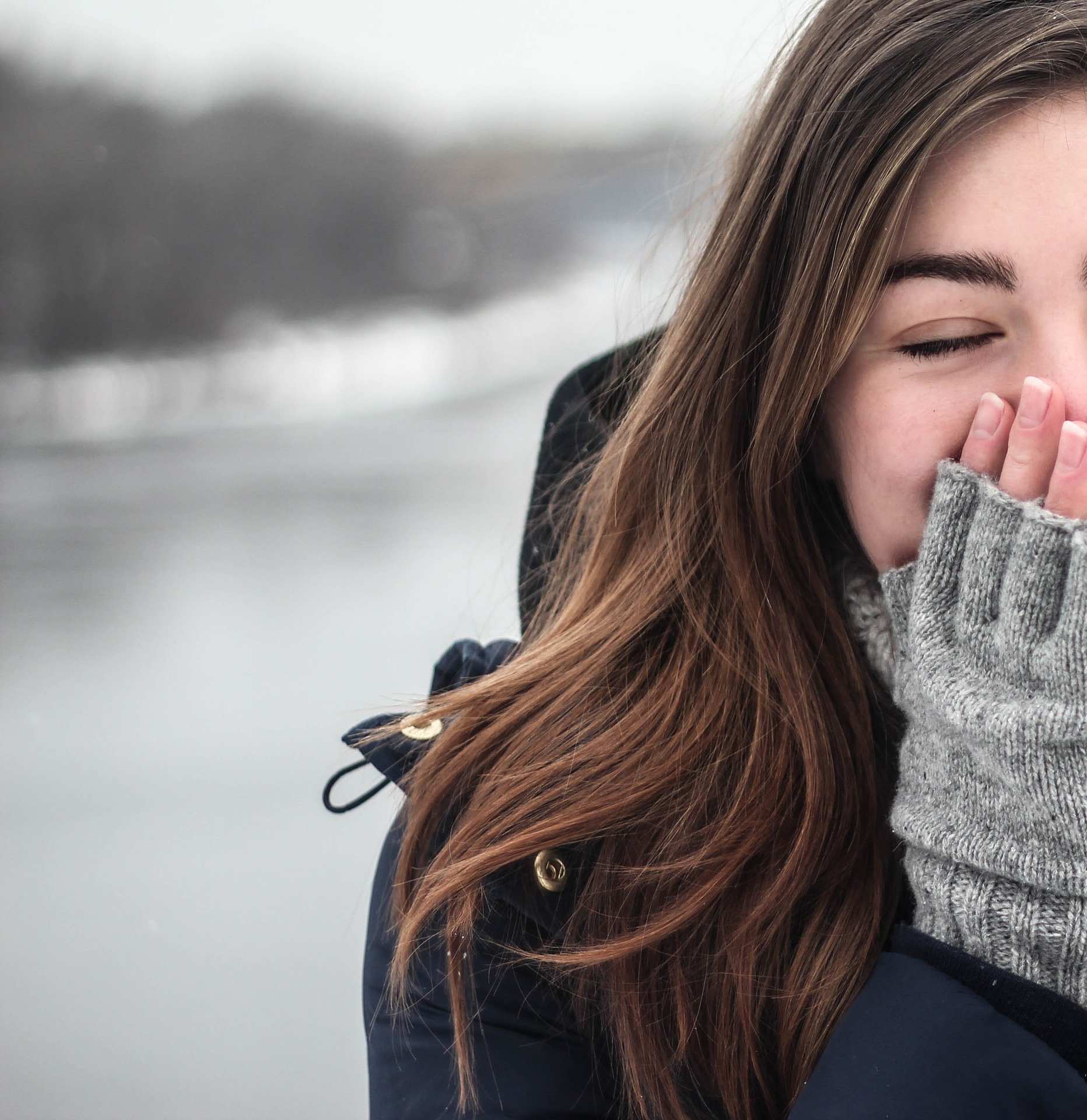On that note, it may be only allergies. Yes, allergies do not cause fever or chest pain that are often associated with the Coronavirus, and the allergy symptoms are more “itchy” in nature. However we have learned that some people with the coronavirus are completely asymptomatic, which means they do not show any symptoms. It’s even more important these days to help understand and control our allergy symptoms if we can. It may actually be only allergies yet you may be an asymptomatic carrier of the Coronavirus and those virus particles will still be shed with the sneezing or coughing. So the better you control your allergy symptoms, the less the sneezing you will have and the less spread of virus particles you may or may not potentially have (and the less mean stares you may get from the folks around you). If you are outdoors around others, I recommend wearing a face mask even if you know for sure it’s just allergies. It is warm enough that we are starting do gardening and mow the lawn, all of which can help stir up the pollen into the air. So wearing a mask in public could not only help protect others, but also help you avoid some exposure to the pollen.
Some of the common causes of allergies are the pollen from grass, trees or weeds. Now, like what the name says, seasonal allergies usually occur during a particular season. These are often due to the aforementioned that are more commonly around during that season. However, if you have a runny or stuffy nose year around, then more than likely you could be allergic to fungus or mold, animal dander, or dust mites or cockroaches. When the weather gets humid this can help cause spores from molds grow and also lead to allergy symptoms. Sometimes we can help identify what may have triggered these symptoms by thinking carefully what we were doing recently before the onset of the symptoms. Yet sometimes it is not as obvious.
Some of us can breathe in these substances without any problems. However, in others, their bodies label these as foreign or harmful and produce antibodies to attack these allergens- term given to things that trigger an allergic response. Then… [sparing you the details of the process we learn in medical school]… our bodies produce chemical signals like histamines. As our nasal passages get inflamed as they have a reaction to these allergens. Guess what eventually follows? Some of the symptoms that we’re very familiar with follow along including runny nose, nasal congestion, nasal itching, postnasal drip (a term we use to describe the mucus draining in the back of our throat), and sneezing.
Allergens don’t only affect the nose. In addition to the runny or stuffy nose, we can get pressure or pain around the face, our throats can feel sore or hoarseness, our ears can develop fullness or the popping sensation, and our eyes can get watery, itchy or even sometimes red. Sometimes this pressure can cause a little brain fog or sometimes some dizziness.
We have talked about the symptoms and causes but what are some basic measures we can take?
– After coming from outside washing your clothes and showering will remove the allergens from your clothes and your skin, respectively .
– Having a dehumidifier can help reduce allergens in your home such as mold or dust mites by reducing the humidity at your place.
– Drink plenty of fluids. Increased intake of fluids can help thin the mucus.
– Salt water nasal rinses. These can help rinse out some of the particles that are causing irritation from your nasal passages. This can especially help if you are having congestion or dryness of your nasal passages or mucus draining in back of your throat. You can do this once or twice a day. An easy recipe is using a half of teaspoon of salt in 1 cup of water. Do make sure to use either distilled water or previously boiled (then cooled) tap water.
– Medications: Sometimes in addition to the measures above, one may need the help of a medication. The number one recommendation for adults and children 12 years and older is intranasal corticosteroids such as fluticasone (not Afrin). Although some people can get relief within a day or two of using the nasal steroids, for others it may take a few days to weeks. So please give it some time before asking your physician for a steroid shot, steroid pack or antibiotics. (Note, this is not saying waiting weeks and weeks before going to your doctor. Do keep them in the loop). The intranasal steroids can be very effective for stuffy nose and postnasal drip. Actually, doing a salt water nasal rinse prior to using the intranasal corticosteroid spray can make the spray to be more effective by cleaning out the nasal passages first. If still not getting much relief, the addition of an intranasal antihistamine or an oral non-drowsy antihistamine can help.
Thanks for reading. Have a great day with minimal sneezing 🙂
Take care,
– Dr. Efe Sahinoglu with Birmingham Direct Primary Care
